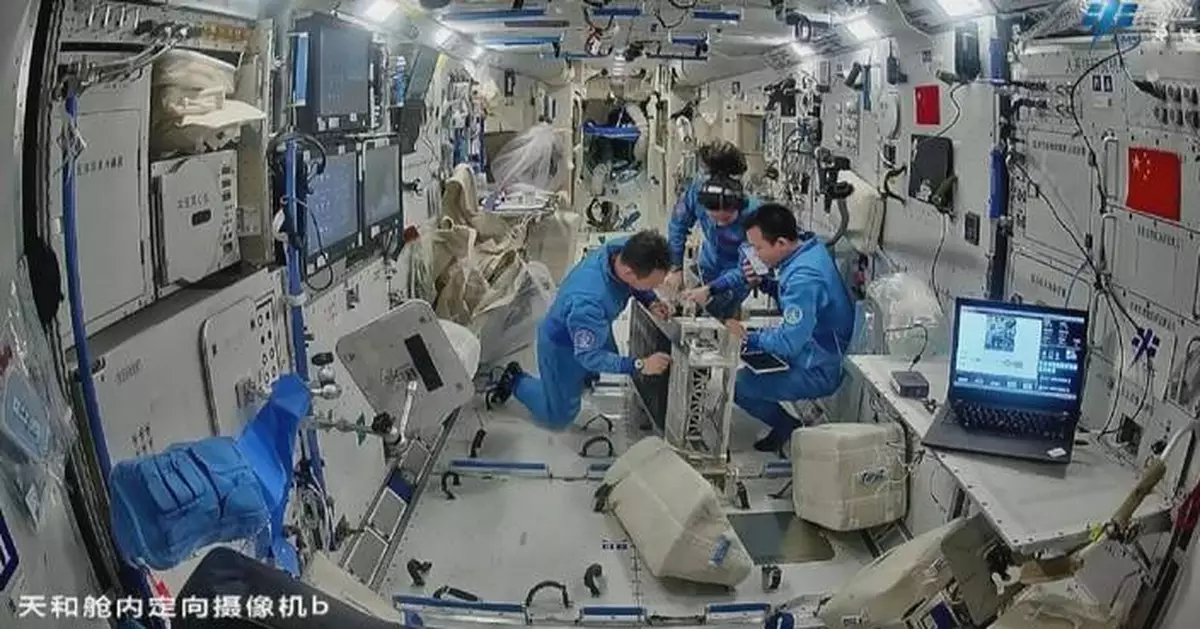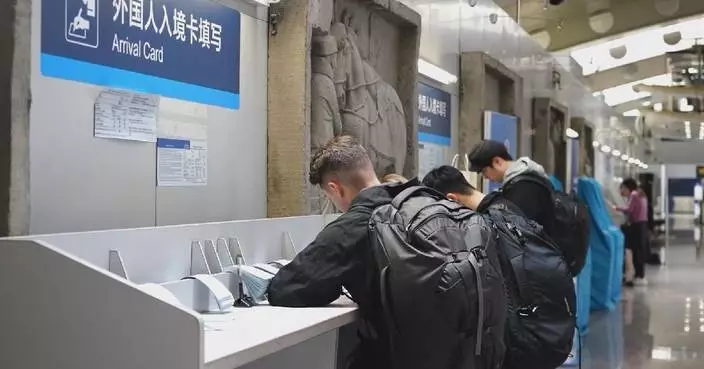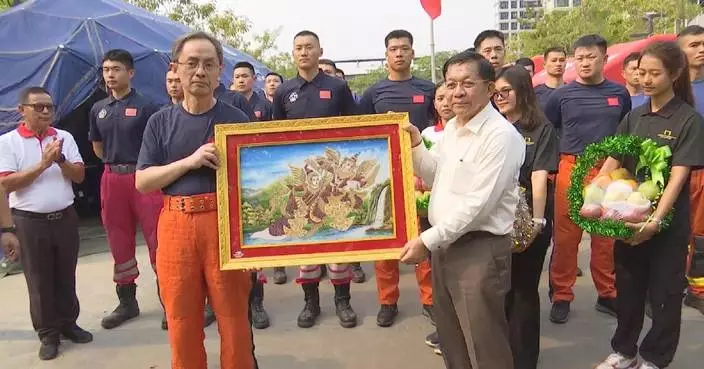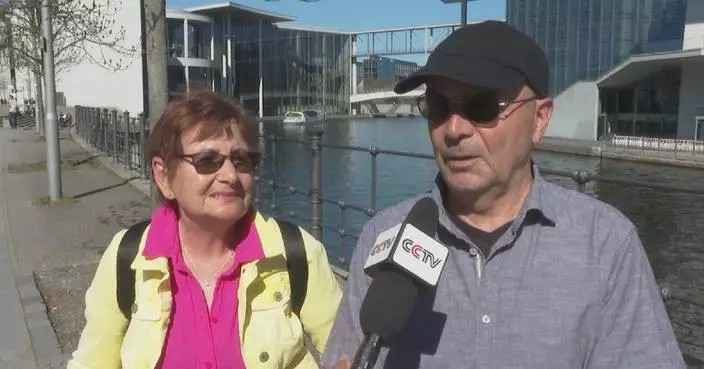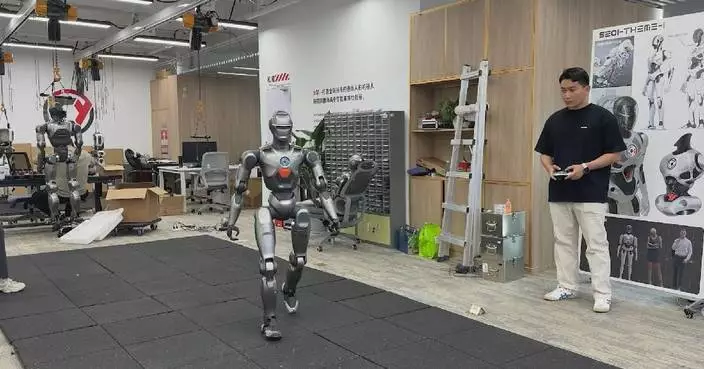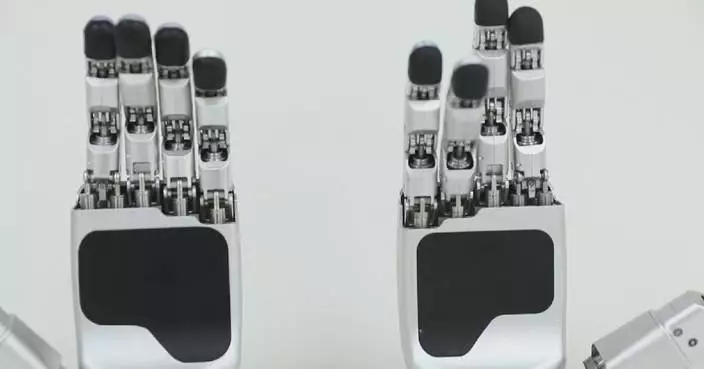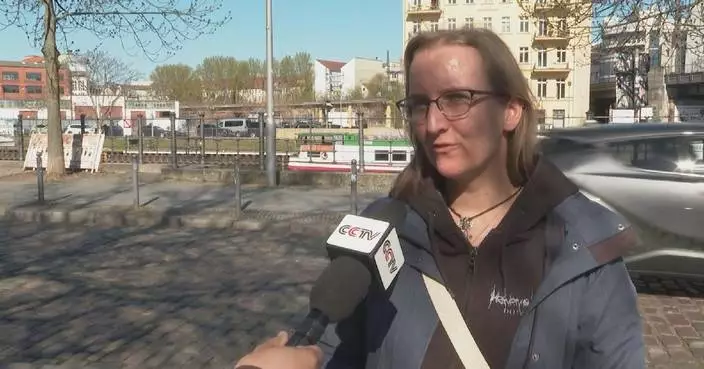Bountiful medical experiments have been carried out in China's Tiangong space station, producing practical results that benefit astronauts and hold promise for wider use on Earth, according to the China Astronaut Research and Training Center.
Over the past two years, Chinese astronauts have conducted a series of application-oriented medical research aboard the station and made many new discoveries on the effects of micro-gravity and radiation, space and traditional medicines, and engineering for human factors in space.
Some research results have already been implemented to enhance the health of astronauts, according to Li Yinghui, a researcher from the State Key Laboratory of Space Medicine under the China Astronaut Research and Training Center.
"The research is for application. Among these projects, we already have four directly transformed into applications, including countermeasures for space bone loss and protective stimulation of acupuncture points. These are important measures for the health of astronauts," said Li.
Other findings were turned into academic breakthroughs. Li and her fellow researchers have published papers in international journals on the adaptability of humans to the complex environment during space flights, which will contribute to the feasibility of longer space missions.
"Some of the technical reserves here will be positive for our lunar landing missions. They improve our understanding in areas from the cardiovascular system to the bones, to the muscles, and to nerve regulation," said Li.
Frontier works in the field of space brain science have also been advanced.
"The collaboration between man and machine is an inevitable direction in future tasks. So, we are developing these applications, and now there are projects getting underway," said Li.
All these achievements will be extended beyond astronauts in space and ultimately benefit mankind on Earth.
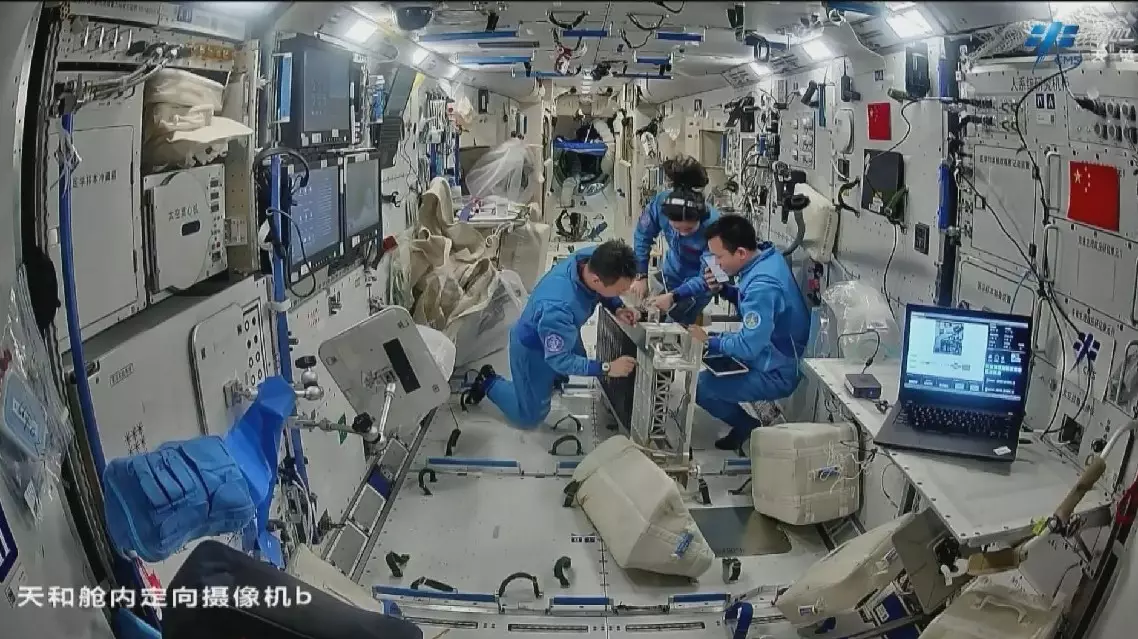
China's medical experiments in space station achieve rich results
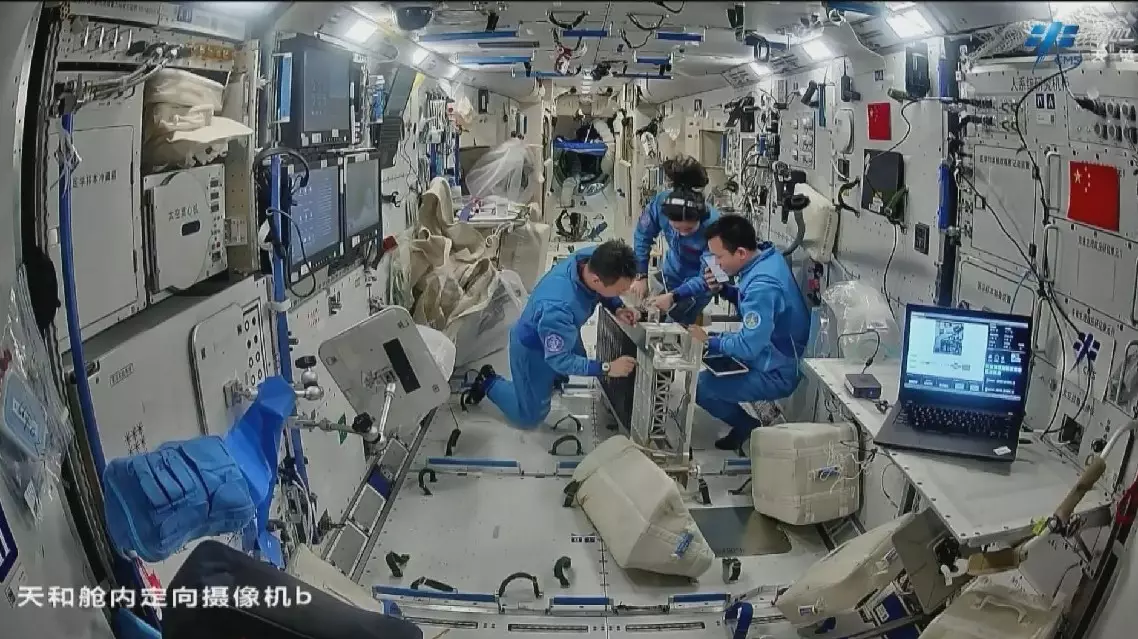
China's medical experiments in space station achieve rich results
Flower breeding and cultivation bases across China are actively promoting new and healthier varieties of flowering trees and plants, helping create a brighter future for the country's famous springtime scenery.
In a peach blossom scenic area in Changde City of central China's Hunan Province, more than 50 varieties of peach blossoms are in full bloom, attracting flocks of visitors.
The varieties in the area come from the national peach germplasm resource bank in the city. Through artificial cultivation, not only are the varieties of flowers increasing, but the flowering period is also being extended.
According to researchers, one of the star varieties, noted for its rich color, took nearly 16 years to cultivate and promote in the scenic area.
"Its biggest feature is its strong resistance to gummosis. We can see that although a branch like this is damaged, there is no gummosis, so it has a long lifespan and can be used in gardens for a longer time," said Wang Yan, professor of the province's Changde Vocational and Technical College.
Gummosis is the formation of gummy substances on the surface of the trees, which often result from dead tissue.
At Phalaenopsis World, the country's largest phalaenopsis tissue culture center in Suqian City in east China's Jiangsu Province, technicians are cutting phalaenopsis seedlings into thin slices and planting them one by one in transparent bottles, allowing them to multiply exponentially.
"The breeding cycle is short, and the light, temperature and humidity can be freely adjusted artificially. The phalaenopsis bred using this technology have high uniformity and fast growth rate," said Wang Yanting, a plant inoculation specialist at the cultivation center.
Researchers said that the planting center uses more than 200 smart sensors and 5G technology to accurately control growth factors such as temperature, humidity, light, and ventilation to achieve "timed flowering."
"In fact, the natural flowering period of phalaenopsis should be from the beginning of the Chinese New Year to early May, and this is its natural state. Now we can intervene with technology and make it bloom any day we want. Phalaenopsis blooms through temperature regulation. At this time, we need to use air conditioning equipment, constant temperature equipment and dehumidification equipment," said Cao Guofeng, director of the cultivation base.

Breeding bases across China promote new spring flower varieties




